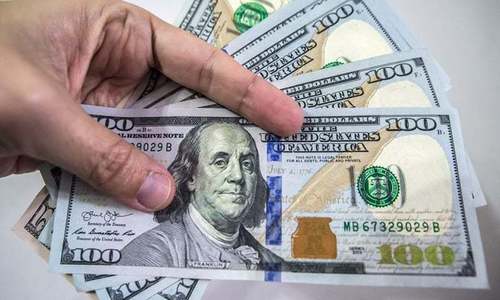ISLAMABAD: Pakistan could save about $1.13 billion annually by reducing up to 75 per cent of the current post-harvest losses, according to estimates mentioned in a paper on agricultural wholesale markets in Pakistan, released by the Asian Development Bank.
The annual value of post-harvest losses of potato, tomato, peas, cauliflowers, carrots, turnips, radish, brinjal, squash, okra, onion, grapes and mango in Balochistan, Khyber-Pakhtunkhwa, Punjab and Sindh, valued at the respective 2016 provincial wholesale prices, is about $700 million to $934m.
Discussing the case of Pakistan in a country market brief, titled ‘Dysfunctional Horticulture Value Chains and the Need for Modern Marketing Infrastructure’, the Rural Development and Food Security (Agriculture) Section of ADB, led by Akmal Siddiq, suggests that post-harvest losses in fruits and vegetables due to mishandling of the perishable product, poor transportation, and inadequate storage facilities and market infrastructure account for about 30 to 40pc of total production.
There is a dearth of reliable and timely data on production in Pakistan making it hard for the government to undertake effective actions related to export, import, public procurement of crops, or provision of advisory services to farmers to stabilise agricultural prices.
In view of these facts, the paper emphasises the need for the establishment of a national agriculture production information system to provide big data on production and prices using frontier technologies as used in developed countries.
The paper observes that several players are involved in different segments of the horticulture value-chain in Pakistan. Majority of the farmers sell their produce at wholesale markets while most of them contract out fruit orchards during the flowering stage to the middlemen, commission agent or wholesalers who provide loans to the farmers over the course of production.
Vegetables and fruits are transported by the same cart or truck from farms to the main markets in the absence of specialised vehicles for specific products. The same vehicle is used for many other purposes, including animal transportation. However, recently reefer trucks have been introduced on a limited scale in some parts of Pakistan.
Fruits and vegetables are packed using local materials before shipment, and in most cases such packaging fails to preserve the freshness and quality of the products. Another problem is absence of cooling and packaging centers, and inadequate cold storage facilities to preserve the produce at or near the wholesale markets.
More than 555 cold storage units have been identified in Pakistan with about 900,000 metric tons storage capacity, against more than 15m metric tons of production of fruits and vegetables. There are no available cooling and packaging houses, and cold storage facilities close to the farms that can be used by the producers.
The negative impacts of the current value chain can be assessed in terms of the low share of farmers in consumer prices. Usually producers get 15 to 20pc of the retail price. Production of perishables like potato, onion and tomato suffers from a major setback every three to four years. Usually two or three good harvests are followed by a bad harvest.
Published in Dawn, November 8th, 2019















































